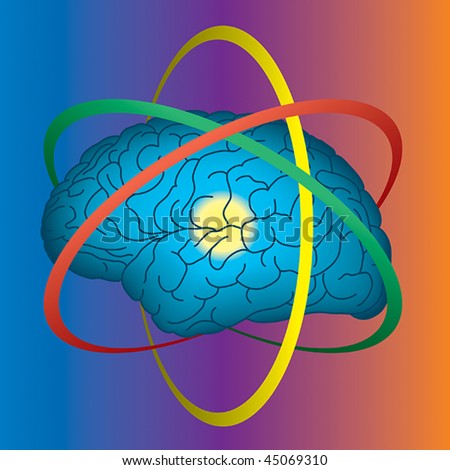I suspect that subjectivists take a more soft line in this respect (in order to avoid this embarrassing conundrum) and might say "there may be an absolute truth, but we may or may not know what it is."
Applied to morality, subjectivism becomes moral relativism. As far as moral judgments are concerned, an act's moral goodness or badness depends upon the perspective of the people involved.
One argument in favor of moral relativism is that one culture may consider an act to be good and another culture may consider it to be bad. Here is the argument:
- If an act is good for one culture
- And the same act is bad for another culture
- Therefore the act's moral value is relative to the culture
The premises of this argument can be shown empirically by looking at two cultures that have different values about a particular act. For example, cannibalism or killing the elderly are variously considered good and bad among different cultures.
Let's look more closely at those premises. Premise 1 is "If an act is good for one culture." What makes an act good? In this case, the culture must consider it to be good. That is, the culture's opinion of this act is what makes it good or bad. Isn't this hidden premise begging the question? That is, if the culture's opinion of what makes an act good or bad actually makes it good or bad, that is a restatement of moral relativism. The argument assumes what it is trying to prove.
Here is a restatement of the argument for clarity
- If an act is considered good for one culture
- And the same act is considered bad for another culture
- And an act's moral value is determined by the culture (hidden premise)
- Therefore the act's moral value is relative to the culture
You can now see that the new, third premise is equivalent to the conclusion.
This new premise is very interesting in that it means that one should never disobey one's cultural morality. Whatever the culture considers right is, in actuality, right. In essence, relativists can never object to the law. They can only be status quo conservatives and therefore moral absolutists are the only ones that can be progressive and radical! Only a moral absolutist has a trans-cultural standard by which to judge actions and can say to Hitler or Saddam Hussein, "what you are doing is wrong and must be stopped." Relativists can only say, "different strokes for different folks, I happen to disagree but that's all."
It’s amazing how the public perception of these roles are the exact opposite of what I have just outlined. Moral relativists are typically depicted as the liberal agents of change, while moral absolutists are supposed to be conservative dogmatists. We can now see that moral relativists are secretly dogmatic and moral absolutists are radical and agents of change for good in the culture!
 |
| Thanks to Peter Kreeft for much of the material for this post |










































